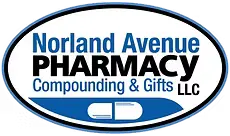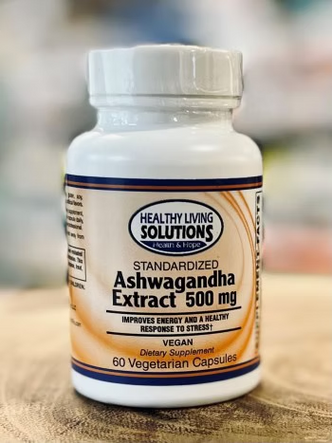You wouldn’t settle for the wrong size shoes, why settle for a prescription that may not be the best “size” for you?
Pharmaceutical companies make medicines that come in a limited variety of strengths and forms. For example, a certain medicine might be sold as a 60mg tablet, but not as a 40mg capsule or an 80mg liquid. But what if the 40mg capsule or an 80mg liquid is better suited to your needs? Guess what – you’ll probably be prescribed the 60mg tablet, because that’s the only way the medicine is available.
It doesn’t have to be that way. A compounding pharmacist can create medicines in specific strengths and forms suited to your individual needs! An exact dosage compounded to meet your needs might do the job better, faster, and with fewer side effects!
Pharmacy compounding is the art and science of preparing customized medications for patients. Its practice dates back to the origins of pharmacy; yet its presence throughout the history of the profession of pharmacy has changed. In the 1930s and 1940s, approximately 60% of all medications were compounded. In the 1950s and 1960s with the advent of manufacturing, compounding rapidly declined. The pharmacist’s role as a preparer of medications quickly changed to that of a dispenser of manufactured dosage forms.
The downside of this development was that medications started to become “one-size-fits-all” solutions. Of course, this doesn’t usually work in the clothing industry, and it certainly doesn’t always work in the pharmaceutical industry either.
Today, with the presence of modern technologies and innovative techniques, pharmacy compounding has experienced a resurgence. Norland Avenue Pharmacy is the only local pharmacy to have earned Accreditation from the Pharmacy Compounding Accreditation Board (PCAB) to bring these modern technologies and techniques to the south central Pennsylvania area.
How, exactly, can compounding benefit you? Many patients are allergic to preservatives or dyes or are sensitive to standard drug strengths. With physician consent, a compounding pharmacy can change the strength of a medication, alter its form to make it easier for the patient to ingest, or add a flavor to make it more palatable. The pharmacist also can pre-pare unique delivery systems such a lozenge, lollipops, or a transdermal gel (which simply means it enters the body through the skin). For patients having difficulty swallowing pills, a compounding pharmacy can make a suspension (liquid) instead. In essence, a compounding pharmacist can work with you and your physician to make the medication specific to your unique needs. No more one-size-fits-all limitations!
What kinds of prescriptions can be compounded? Almost any kind. Compounded prescriptions are ideal for any patient requiring unique dosages and/or delivery devices, which can take the form of solutions, suppositories, sprays, oral rinses or those already mentioned. Common compounding applications include bio-identical hormone replacement, veterinary, hospice, pediatric, dental, dermatology, chronic pain management, podiatry and gastroenterology.
So, the next time your doctor writes you a prescription, ask them to customize the dosage or delivery system by writing a compounded prescription.


